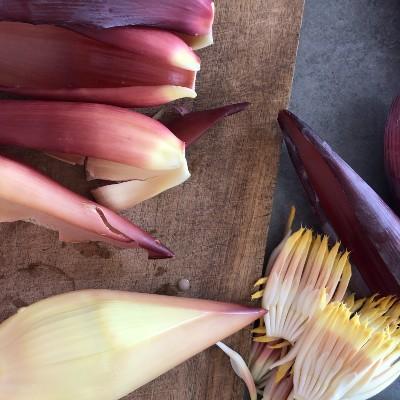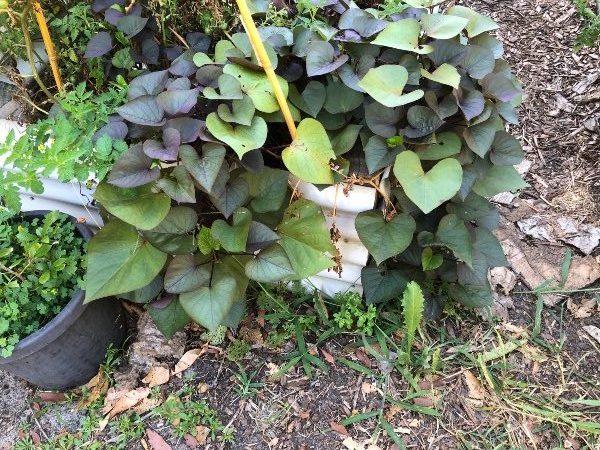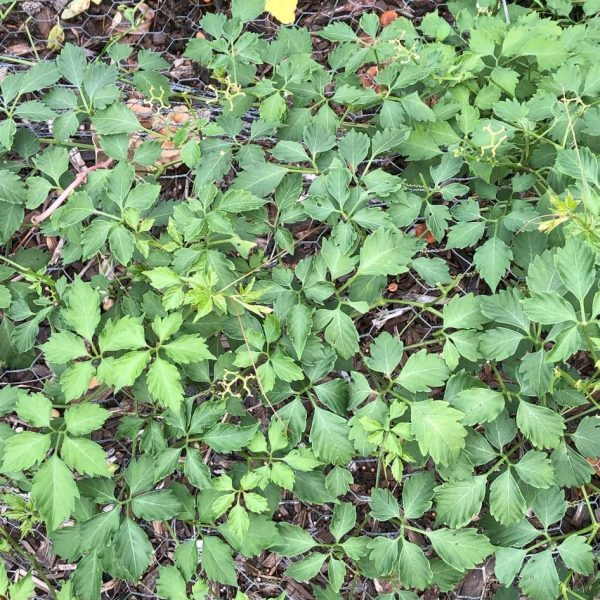This recipe, invented by master Cho Han Kyu the inventor of Korean natural farming. It is basically fish waste and brown sugar, fermented you’ll find the easy recipe below). Why to buy products in plastic containers when it is so easy to make your own?
The picture shows my first trial which I made around 6 months ago. I left the fish waste in the bucket for a day and it was already a bit smelly, so I did not cut it up at all, nor did I layer the fish with the sugar. But alas the fertiliser seems alright and it smells sweetish and fruity.
This fish fertiliser is full of nitrogen, helps the soil microbes and is good for seedling growth.
Yesterday, I made the next batch meant for autumn. This time, I did everything correctly (even measured the sugar):
Fish Fertiliser Recipe:
You"ll need:
- Fish waste from a local fish shop or similar
- Brown sugar the same amount in weight than the fish
- Bucket with lid
- Scale,knife, board and a strong pair of secateurs.
Procedure:
- Cut the fish waste in pieces, I mostly used my secateurs, it is hard and there are sharp spines!
- Weigh out the fish and the sugar.
- Layer fish and sugar in alternate layers in the bucket.
- Place the lid on the bucket, and let it ferment for at least 6 month!
Use:
The fish fertiliser can be used on the soil or as a foliar spray. Only apply during plant vegetative stage. Do not apply during fruiting or flowering stage. Don’t use a foliar spray in the sun.
The dilution is 1:1000. Most watering cans hold 9 litres of water, that would be 9 ml – it’s probably best using a measuring cup.




